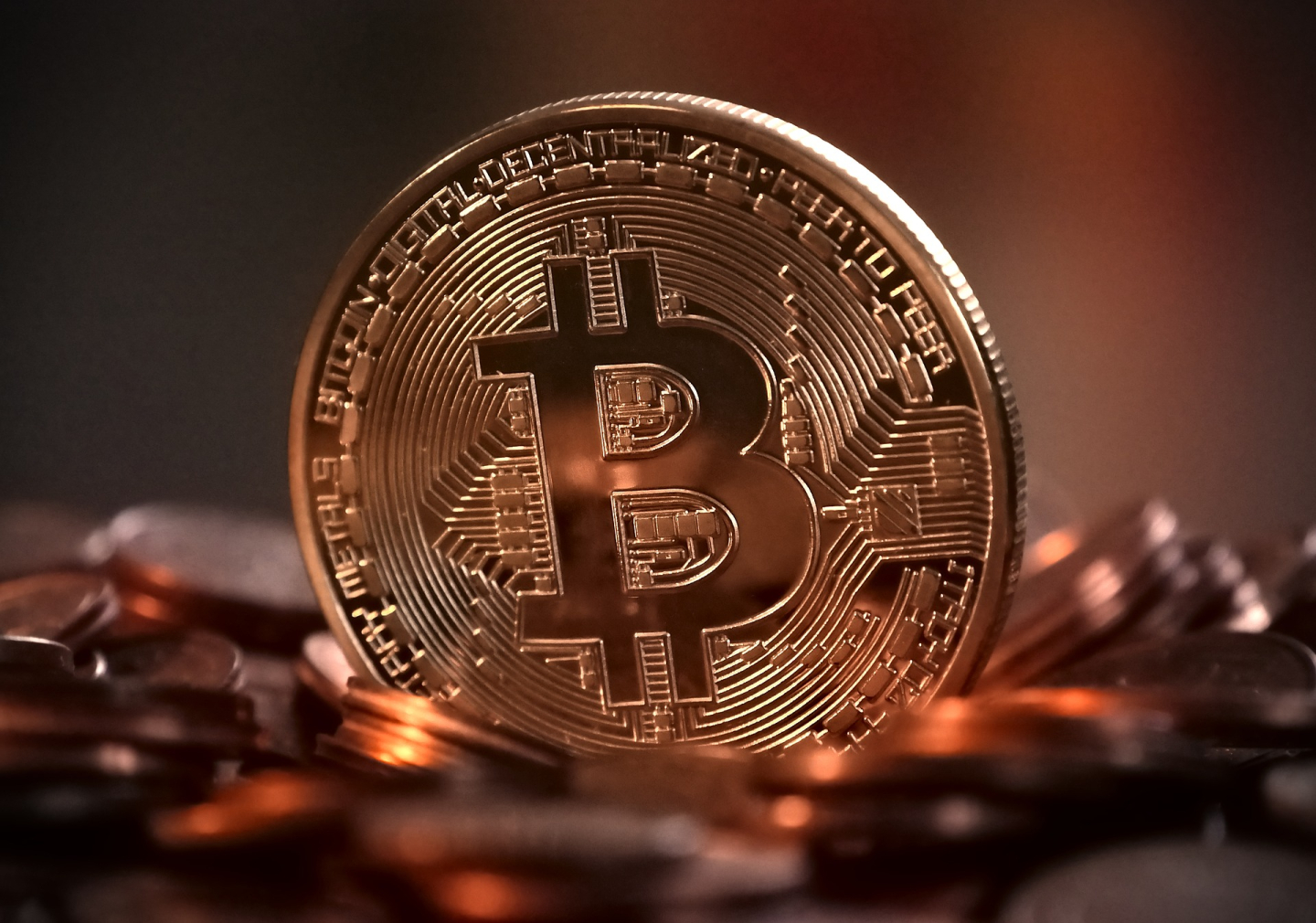The main cryptocurrency, Bitcoin has seen a sharp rise, which can be tentatively linked to the decision of the Moody's rating agency. This one decided to downgrade the ratings of 10 regional banks in the US and placed 'on the radar' 6 large US banks including Bank of New York Mellon, US Bancorp, Truist Financial and Northern Trust. It cited downside risks for the banks related to the recession, the uncertainty of falling commercial real estate prices, higher customer premiums and a general deterioration in asset quality at all the institutions mentioned in the report.
- Bitcoin has been gaining in the spring on the wave of failing banks. The cryptocurrency is a decentralized, bank-independent financial settlement system, and a recent opinion from 'Big Four' giant KPMG portrayed the Bitcoin economy as extremely resilient and trustworthy due to its completely decentralized and clear governance system, with impossible third-party third-party interference in transactions.
- At the time by some Wall Street analysts, Bitcoin is beginning to be seen not as a risky asset byt as a 'safe haven' asset alongside with gold and able to increase in value on the wave of uncertainty in the markets and above all - during bank faliures and lack of trust to centralized institituons (Bitcoin was created in 2009 as a response to the financial crisis). It is worth noting, however, that Moody's expressed faith in the US banking system as a whole and stressed that it is far from a crisis despite the uncertain period.

BITCOIN has climbed to the area of 30,000 where we see key resistance - the 23.6 Fibonacci retracement of the upward wave from June. If the zone is overcome, the road to $31,000 is likely to be opened. Source: xStation5

Daily summary: Weak US data drags markets down, precious metals under pressure again!

🚨 Bitcoin drops to $69,000 📉 A 1:1 correction scenario?

Market wrap: Novo Nordisk jumps more than 7% 🚀

Crypto news: Bitcoin falls below $70k 📉Will crypto slide again?


